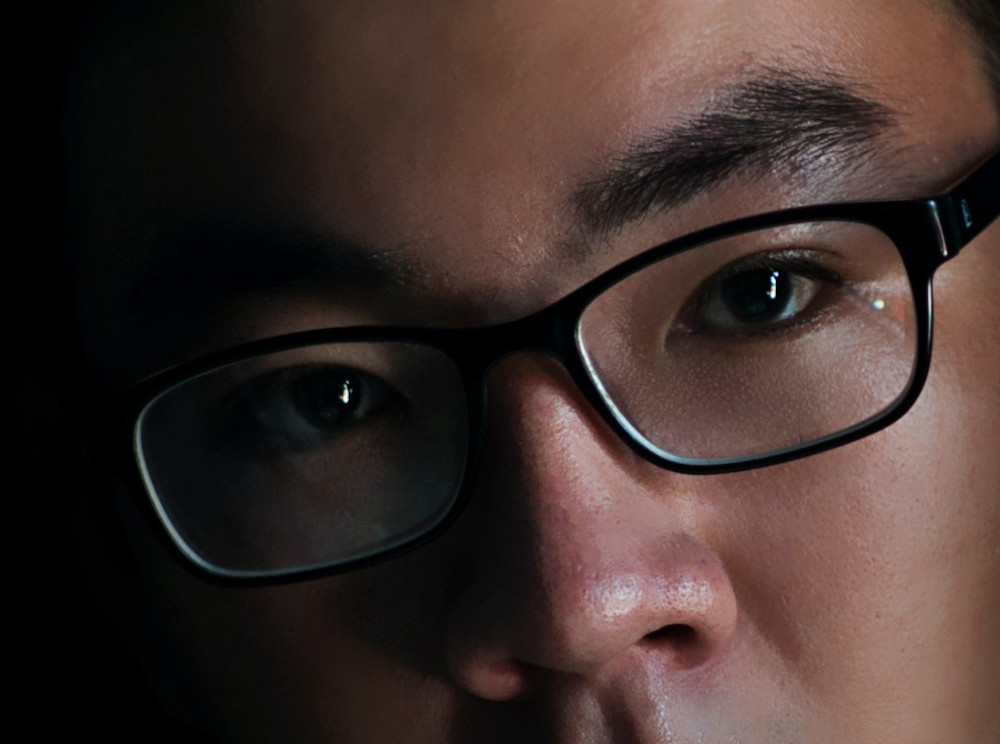I think that second and third-generation Asian Australians are uniquely positioned to serve as future ministers of our churches and leaders of our organisations/institutions.
None of these points is particularly new. But I’ve felt them in a fresh way in just the last few weeks. I’m writing particularly to 2nd and 3rd gen Asian Australians who may have never thought about how their background can be advantageous to Gospel Ministry.
1. Australia is becoming increasingly multicultural. It has been for the past 50-100 years. But we’re seeing a greater saturation across our city. We need culturally aware and culturally intelligent people to respond to this growing need. Lots of people can learn how to do it, and many do it intuitively. But Asian Australians live and breathe multicultural lifestyles. They’ve learned to behave as Asians at home and Australians at school, work, and play. They can see, taste, and smell the differences. And they’re constantly trying to navigate these worlds in such a way that they are understood, seen, and heard. It’s the reason why lots do indeed feel lost and confused. But that illustrates our need to live between two and sometimes three worlds. Having the cultural intelligence to navigate multiple worlds and cultures is an incredibly powerful tool.
2. Living in multiple worlds deepens empathy. One of the reasons groups like SAT (subtle Asian traits) have taken off like crazy is that we relate to so many shared experiences of living as migrants. It doesn’t matter whether you’re an Asian-Australian, American, Canadian, or European – we all recognise that there is a deep sense of belonging and exclusion. And we’ve bonded over that. Additionally, we also recognise the unique challenges of living between multiple worlds. For example, with a bit of age and maturity, we now understand how some of our parents’ harsh comments were rooted in innocent love. Many Asian Australians can enter into another person’s world to feel, hear, and experience what it’s like to be them. That’s because they’ve had to do it on a daily basis. This ability to empathise is crucial to reaching the world with the Gospel.
3. Many Asian Australians speak, understand, or at least understand the dynamics of another language. And inherent to language is culture. So to be able to speak another language is not just having an extra set of ears. It’s having access to another worldview, values, and systems. And then, it’s to be able to communicate within that world. For example, there was a week when I had to teach at a seminary in English, counsel a family in Mandarin, and then chat with a mother in Cantonese. I did none of them well, of course. But I had basic fluency that gave those audiences confidence in approaching me with their needs. I remember the time when our family flew to Australia to migrate to Sydney permanently. I vividly recall sitting on the plane and thinking to myself,”yay! I no longer have to speak Chinese again!” Little did I know that God, in his kindness, would use my poor and broken Mandarin and Cantonese to connect people to the hope of the Gospel. Furthermore, seeing as Christianity is on the rise in Asia (particularly China and India), could we be positioned to reach the fastest-growing people groups in the world?
4. Having the ability to navigate multiple languages also means that Asian Australians tend to have a keen ear for accents. On the one hand, it means that they tend to be able to understand people with heavy accents well. And this is a huge advantage as we relate to multicultural Australia, that has an increasing harmony of accents. But, on the other hand, it also means that we can adjust our accents to our audience. Not in a patronising way. But genuinely in a way that helps them to hear our words. Through and true, profit and prophet, lick and rick – if you read that with a smirk on your face, then you know what I’m talking about. If sermons aren’t meant to be preached but heard, then how we speak to be heard is critical.
5. Living between cultures, languages, and worlds means we stand in a unique position to critique both and allow the Gospel to correct all. It’s easy to be unaware of our own cultural blind spots. And what we need sometimes is to step outside of our dominant culture to identify our blindness. This is why people love travelling overseas. For example, it’s by going to the US that we realise how big of an issue tall poppy syndrome is, or by going to India, we realise how individualistic we are. But it’s also so helpful having someone point these things out to us. It’s when people ask, “why don’t you share your dishes over the meal table” that we realise “oh yeah…why do we do that?” But to live in multiple worlds and see them with clarity and personally is another advantage. Whenever the Gospel enters into a culture, it doesn’t make it Western or Middle Eastern. But it certainly affirms that which is good while also correcting deficiencies or errors. Having the ability to compare and contrast multiple cultures will help us to see, ”yeah you know what, that’s different. I wonder what the Bible has to say about that”, rather than “that’s how things have always been”. It puts us in a great position to identify and address heart idols and present the all-satisfying hope of Jesus.
This obviously does not discredit the work or necessity of non-Asian-Australians. I just don’t think we’ve sufficiently thought about how God can uniquely use our upbringing, experiences, and insights for the spread of his glory. These are accidents or coincidences.
What other points have I missed?
Elliot Ku serves as the Associate Pastor at GracePoint Presbyterian Church and Adjunct Lecturer at Christ College in the field of church history. This piece was first published on his blog rejoiceinhope.net

